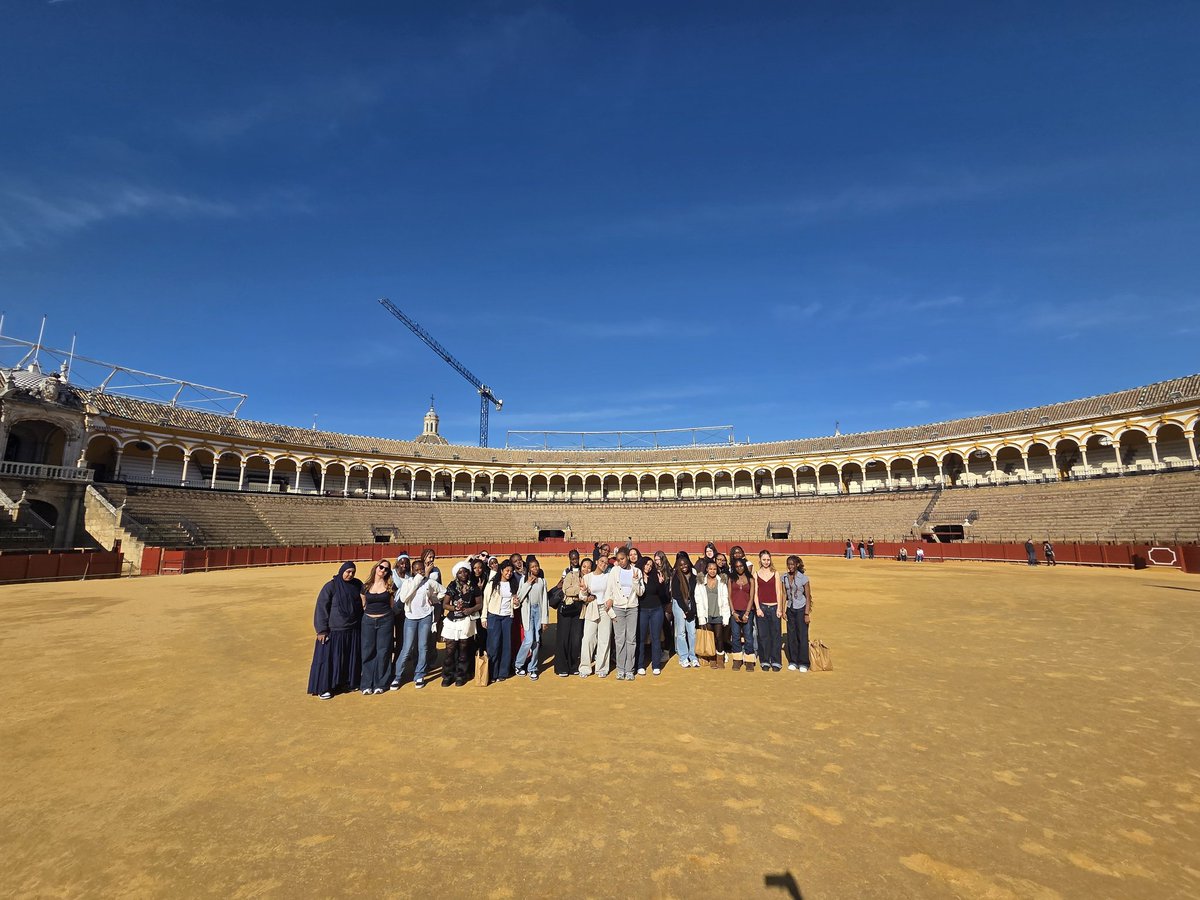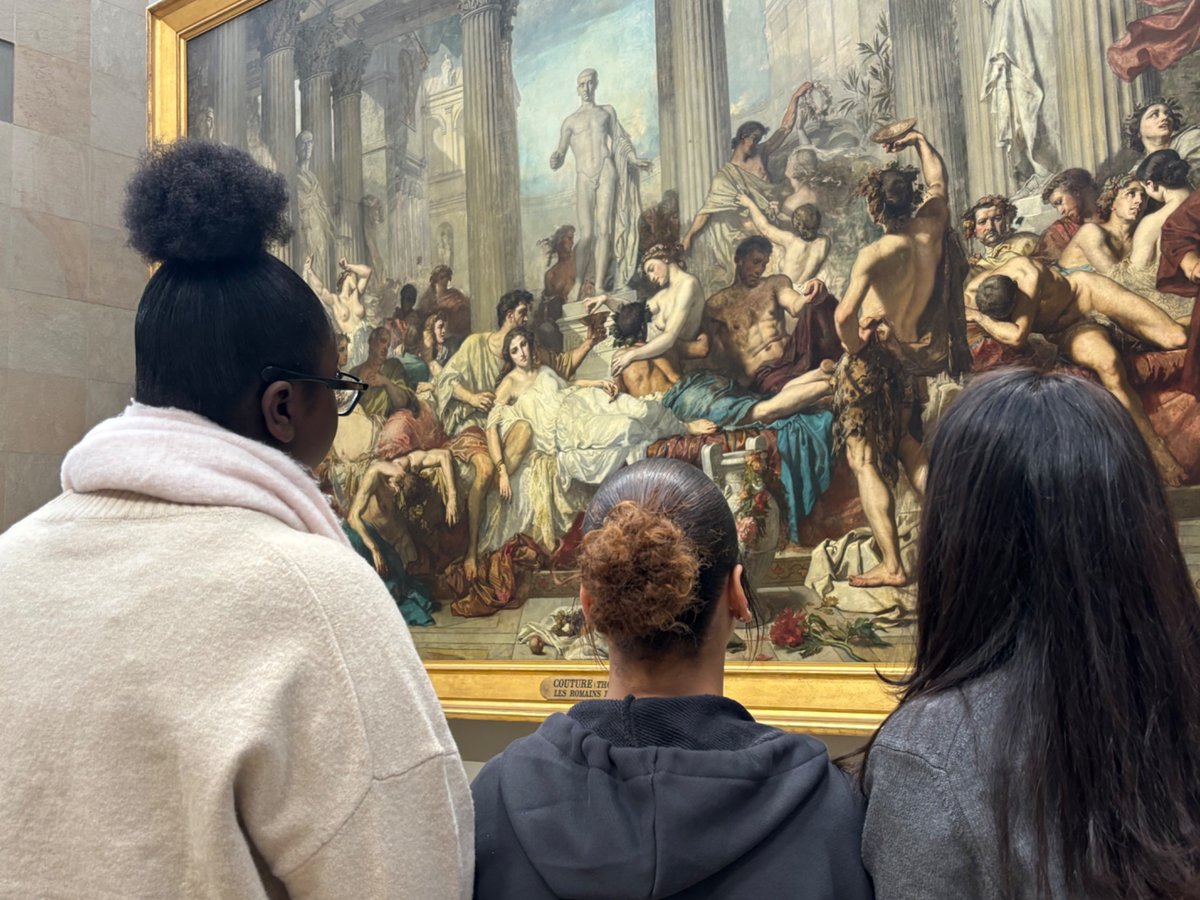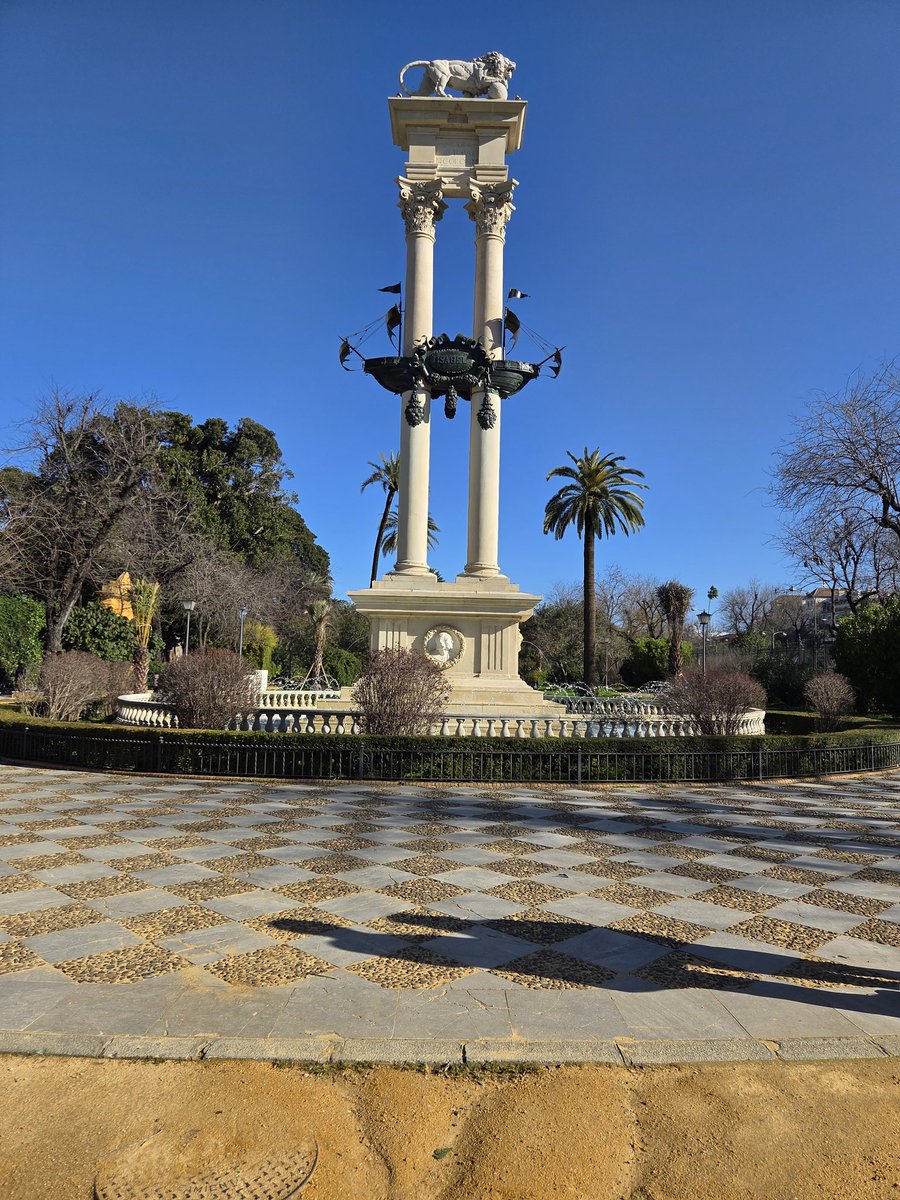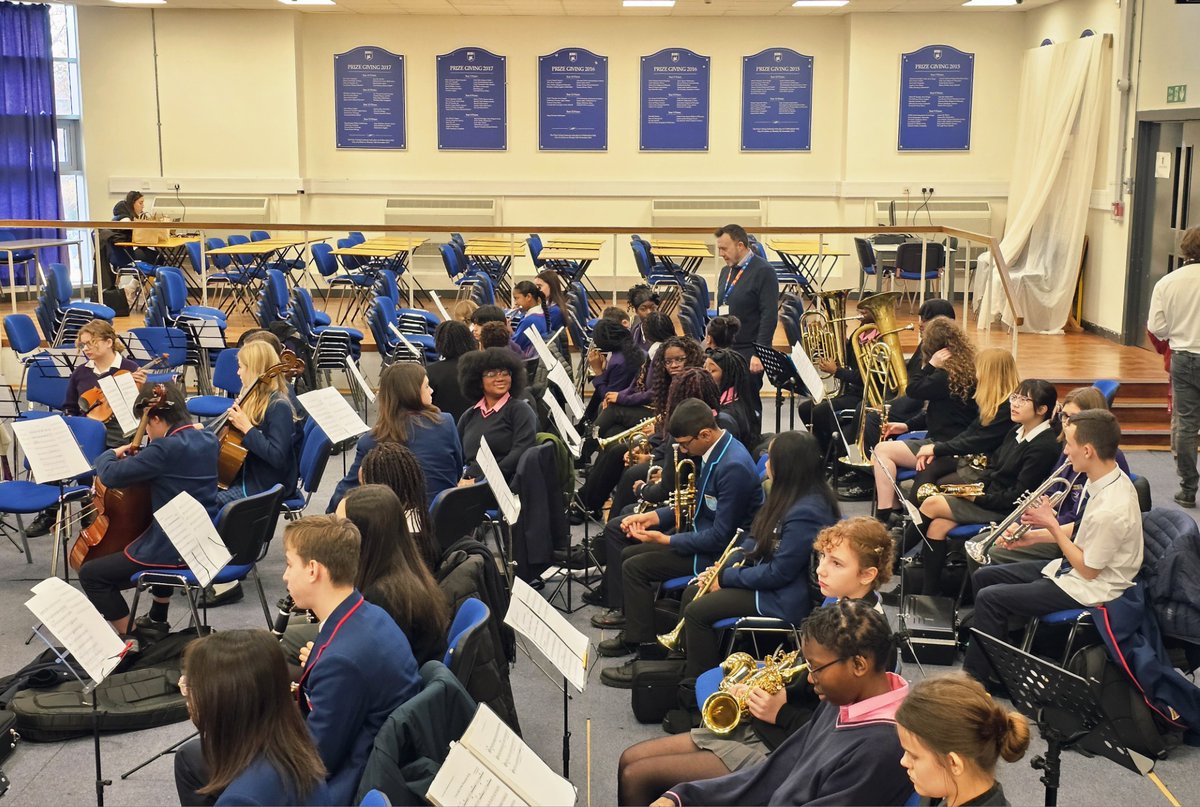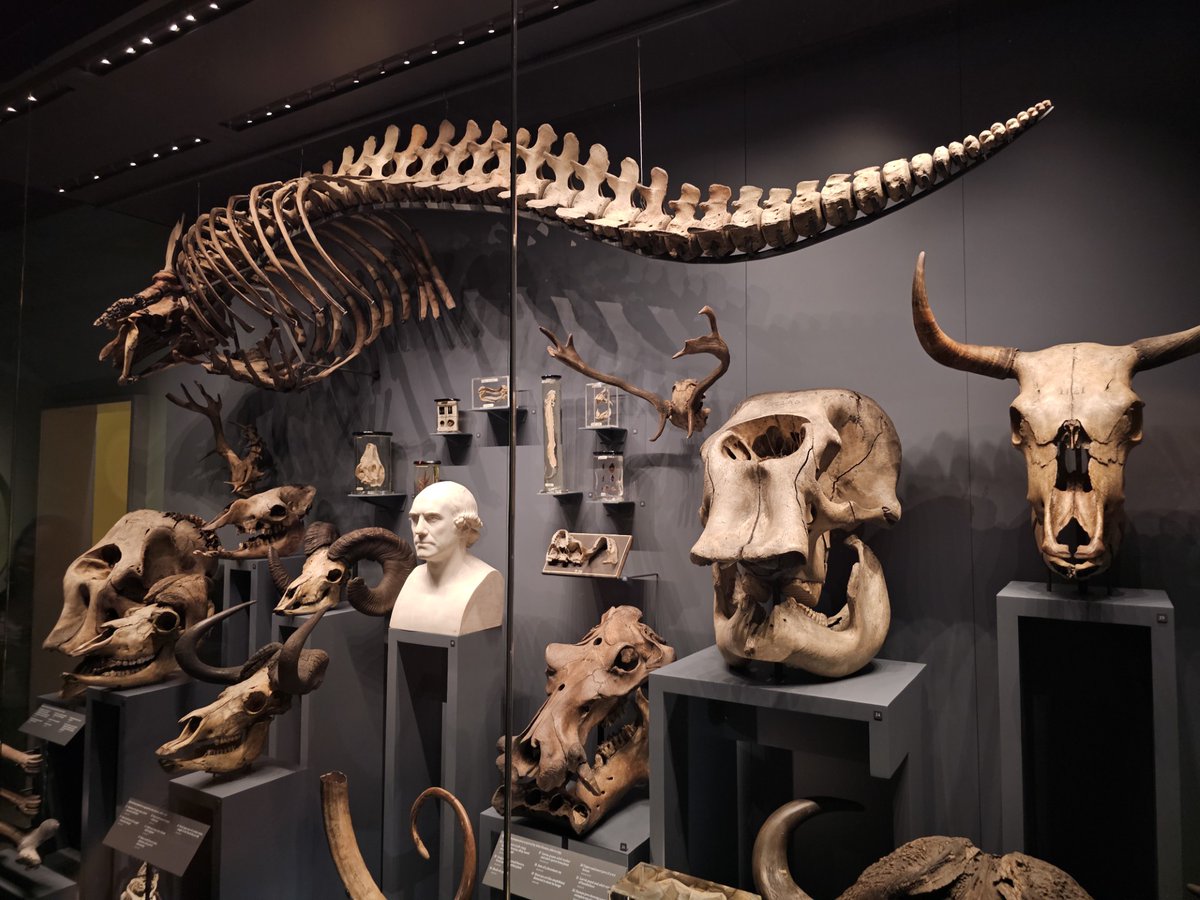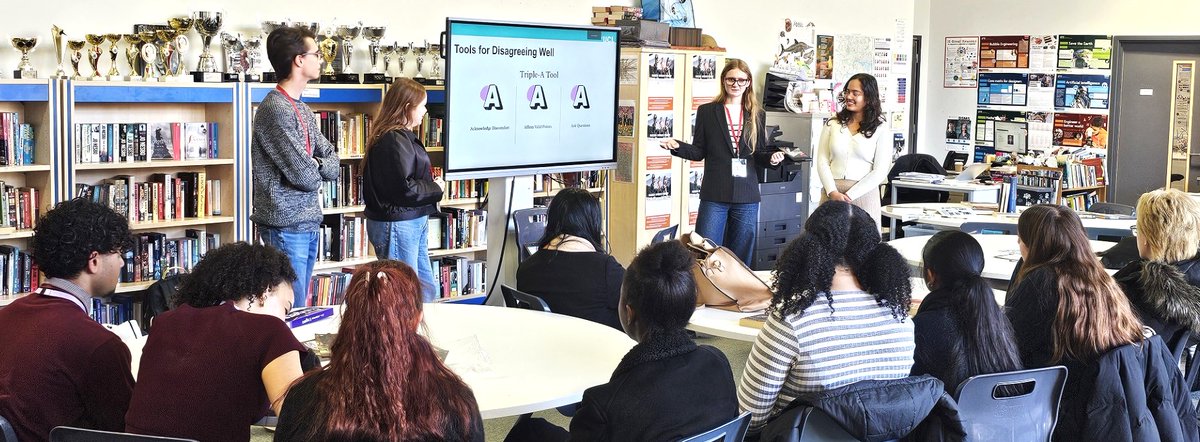Latin
At HGABR, we believe that studying Latin is essential to a deeper understanding of the ancient world, modern languages, and the roots of Western civilisation. Through the Eduqas GCSE Latin course, students explore not only the language itself but also the culture, values, and literature of ancient Rome.
By learning Latin, students strengthen their grasp of English and other modern languages, developing a strong command of grammar, vocabulary, and linguistic structure. This precision in language supports success across the curriculum and builds confidence in communication.
The course also introduces students to original Latin literature, offering a unique opportunity to engage with texts that have shaped European literary tradition. These works explore timeless themes—heroism, love, conflict, family— and challenge students to think critically and reflect on the human experience.
Studying Latin at GCSE encourages logical thinking, attention to detail, and the ability to analyse language and texts closely. Students gain valuable skills in problem-solving, translation, and interpretation, which are highly regarded by employers and form a strong foundation for A-level study and beyond.
Latin students at HGABR achieve some of the best results in the country with 80% of students last year achieving at least a grade 7+. They also leave the course with cultural awareness, intellectual curiosity, and a skill set that supports future study in subjects such as English, History, Law, and Modern Languages.
DOCUMENTS
Textbooks and useful resources
It is recommended that parents invest in a bilingual dictionary.
- Cambridge Latin Course
- Virgil, The Aeneid,
- Homer, The Illiad
- Homer, The Odyssey
- Cicero, Pro Milone
- Tacitus, Annal
